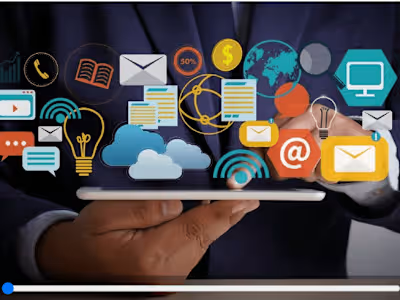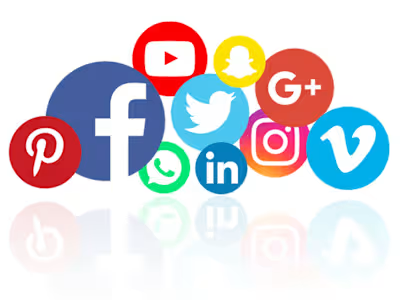Financial Steps to Take In Your 30s to Get Rich

Being caught up financially in your 30s isn't something new. In fact, it's a widespread problem that has been around way longer than the internet. The best thing you can do as soon as you're hit with this problem is to be proactive and learn about how to manage money better. This isn't a job for just anyone either; you really need to know what you're doing and be able to teach yourself in order for it to work the way it should.
The goal of this blog post is to teach you what financial steps you can take in your 30s that will have a significant impact on the rest of your life. Here are some ways you can get out of this mess.
Get Organized
One of the most important things you can do for your financial future is to make a plan for it. Start small, and set a lifetime of goals. Having only one goal can be dangerous, as it's easy to fall behind in an effort to finish that one goal and give up on the rest. Remember that these goals are only guidelines—they're not set in stone. The first tier of goals is no further than a few years away. For example, your goal for 2-3 years from now could be to lose some weight or start a business. These small life changes can have a dramatic effect on the future and are a great place to start if you're not sure where to begin.
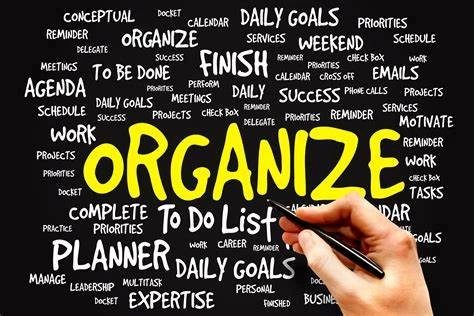
Setting out practicable goals keeps you on your toes.
Work out what your cash flow is likely to be over the next five years. Then calculate the monthly savings you will need to cover your expenses and invest. For example, if you’re single, you can probably expect to spend $1,000 a month. Single women usually need $2,000 to $2,500 a month—and they should invest half of this amount in a growth investment fund. This lets their money work for them rather than them working for it. Plus, it is more tax-efficient than putting money in superannuation. If you are married, you could spend $1,500 a month, which is still pretty low. For most men, it’s more likely to be $2,000 and for most women, it’s more likely to be $2,500 a month. But this needs to include essentials like food and bills, as well as saving for retirement and buying investments. If your expenses are higher than $1,000 a month—say you have kids in daycare or you are paying off a mortgage—you might need more.
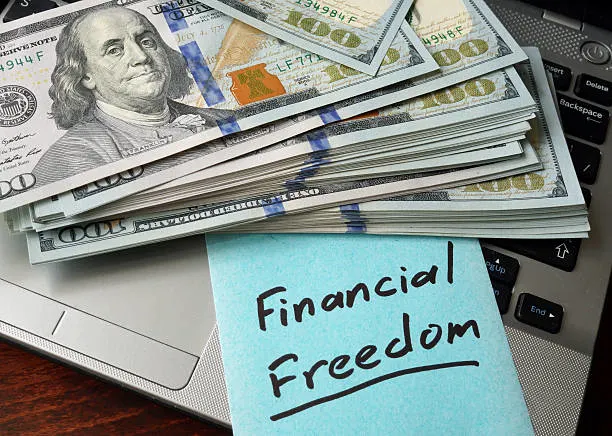
Financial freedom
You need to start planning how you will pay for things in the future so that you can start learning how it works now when you're still young enough to change your habits. You can start by investing a small amount into retirement funds each month; you can easily save hundreds at the end of the year. In addition, you can also make full use of tax-free days and tax-deductible plans like IRAs to ensure that your finances are always up to par. This might seem like a no-brainer, but people tend to lose sight of this until they hit their 30s. You need the discipline to stick with a calendar and get all your financial tasks done on time.
Get a Side Hustle
If you're one of those people who have a regular 9–5 job, then this could be the perfect opportunity to get a side hustle while trying to manage your finances better in your 30s. Side hustles are key because they can allow you to earn money while working on your passion and not just churning out "work, work, work" day after day. You may be struggling with an unfulfilling job or stagnant salary, but that doesn't mean we have to wait for it all to change for the better. Side hustling allows you to work on what you love instead of doing what you have to just to get by.

A perfect side-job for busy professionals
Some side hustles are simple and require no experience, such as selling an item on Amazon. Others require more time and/or investment to start, but you can earn much more money from day one. For example, learning how to trade stocks online can help you make money from the comfort of your home. If you've always wanted to get into something like writing, media production, or other creative careers, they can offer a nice side income to help build your savings.
Be Good with Books and Numbers

Accounting services are helping for small businesses.
Your account page is your virtual "book," and if you have trouble keeping it neat and organized, it's going to be difficult for you to manage your money. You don't have to be a financial wizard, but being able to calculate what's what when it comes to finances is important. You're going to need some knowledge about how loans work, how taxes are assessed, and many other pieces of the financial puzzle that can make or break your future.
If you don’t have any knowledge about it, it's probably best to take some classes in bookkeeping or basic accounting in order to get your finances in order. There are plenty of online courses you can take to get yourself into the right frame of mind. Don't worry—they won't take much time to do, and they're really not that hard. Spend an hour or so learning a little bit about the subject at hand, and then try your hand at some basic accounting. You may find yourself enjoying the process more than you expected.
When you get it right, try to keep your account page as neat as possible, with everything properly arranged. Check the dates on all transactions so that you can know what happened and when. Also try to use a ledger if you have one, or else a notebook that has separate pages for each period of time.
Reduce Your Debt
In the modern age, almost no one escapes the clutches of debt, and it's important to learn how you can avoid it while still keeping your standard of living high. You don't need to be in debt forever, but you should work towards getting out of it. This is something that should be done as soon as possible in order to put yourself in a better position when tackling larger goals later on down the line.
First, you need to create a budget. A budget basically outlines your income and expenses and allows you to see where you are spending money on unnecessary items or services. The point of a budget is not to simply create more money for yourself; it is to make sure you have extra money each month that can be put towards debt reduction or an emergency fund. Then use cash for all purchases.
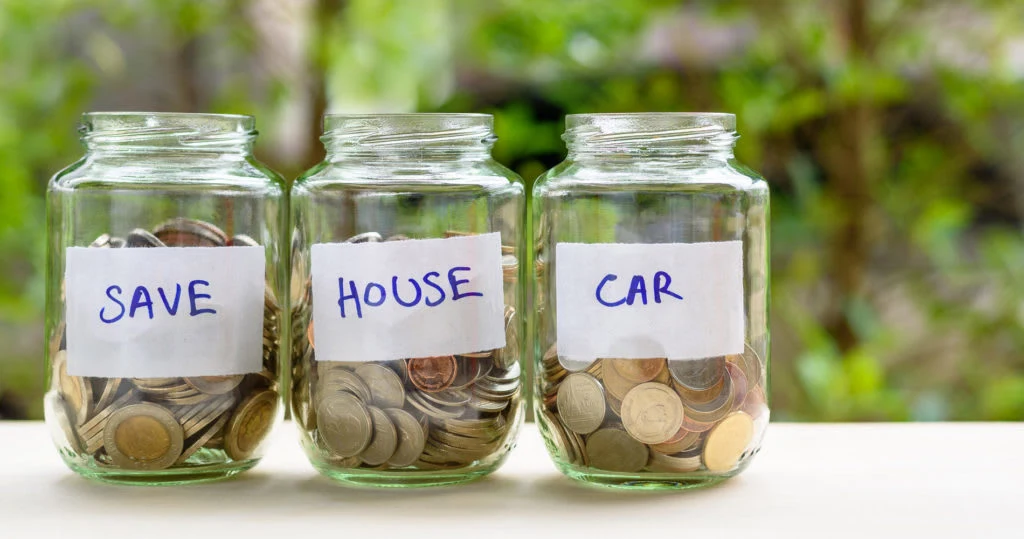
Debt relief
There are services available, such as Ebates, that will give you cash back each month when you use cash instead of a debit or credit card to pay for your purchases. When you pay off your debts faster, you feel a sense of accomplishment that may help ease your depression associated with large amounts of debt or may give you the motivation to achieve other goals.
Buy Your Own Home
In recent years, the cost of living has increased in many major metropolitan areas. If you're looking to buy a home and save on your monthly mortgage, you may want to consider purchasing your own home instead of renting. That way, you can keep your finances on track and build equity in your home.

Being a homeowner reduces the stress involved in renting a place for you and your family.
There are many home-buying options that can help you save money and make a great first or down payment. As soon as you can, you should be looking to buy a house of your own. This is really the place where you can create your financial freedom, so don't delay in setting that life goal for a later date. In deciding on the best time to buy a home, first, consider the ongoing expenses and purchase costs involved with buying one from a lender or bank.
Final Thought
It is vital that you start making some really good financial decisions during your younger years. After your 30s, you should be able to enjoy some financial stability and peace of mind about retirement.
Like this project
Posted Apr 7, 2023
#financialadvisor #financialfreedom #financialliteracy #financialgoals #financialliteracymatters #financial #contentwriter #contentwriting #contentmarketing…
Likes
0
Views
15




